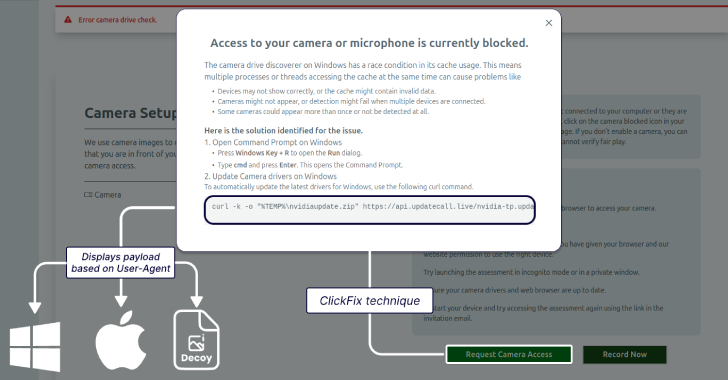China Challenges U.S. Dominance in Cybersecurity
Tensions Escalate as CCP’s Goals & Capabilities Expand
In a significant development in the cybersecurity landscape, China is quickly narrowing the gap with the United States, challenging the long-standing U.S. supremacy in this sector.
The Pentagon’s 2023 report, “Military and Security Developments Involving the People’s Republic of China,” released in October, details a significant shift in the cybersecurity landscape. It highlights the Chinese Communist Party’s (CCP) focused efforts to enhance its cyber capabilities, particularly in targeting U.S. critical infrastructure for economic and military gains. This escalation is a key aspect of China’s broader strategy in military and security developments, emphasizing an increased emphasis on cyber warfare and its potential impacts on U.S. national security and the global geopolitical scene.
This context adds depth to the findings of a Nikkei Asia and LexisNexis study, showing IBM’s lead in cybersecurity patents at 6,363, closely followed by Huawei and Tencent with 5,735 and 4,803 patents, respectively. These figures signify China’s heightened focus on boosting its cybersecurity prowess, with state-backed companies becoming major global players. In response, the U.S. is fortifying its defenses, focusing on risk assessments of critical infrastructure, enhancing cyber and information resilience, and strengthening data security, particularly in collaboration with Taiwan and Indo-Pacific allies.
China’s cyber growth represents a significant wake-up call for the U.S., which has long dominated technological innovation. The activities of Chinese hacking groups like Double Dragon, also known as APT 41 or Wicked Panda, linked to China’s Ministry of State Security and known for extensive intellectual property theft, underscore the systematic nature of this threat.
FBI Director Christopher Wray’s reports of frequent counter-intelligence investigations into Chinese hacking activities highlight the growing concern. Meanwhile, IBM’s extensive patent filings indicate a strong commitment to cybersecurity innovation. However, the rapid progress of Chinese firms, especially post-COVID-19, raises concerns about data security control shifting towards China, where most global computer manufacturing is now based.
The geopolitical stakes are high, with the rise of Chinese cybersecurity solutions, such as TikTok, indicating a shift in the digital power balance. This raises questions about the trustworthiness of Chinese cybersecurity offerings and their potential as modern-day Trojan Horses.
This evolving landscape presents a crucial challenge for global cybersecurity decision-makers. The key question remains: Can they effectively navigate this complex terrain and safeguard their most valuable data?
Cyber Defense Advisors extends its expertise to partner with companies, helping them stay ahead in this rapidly changing cyber battlefield.





